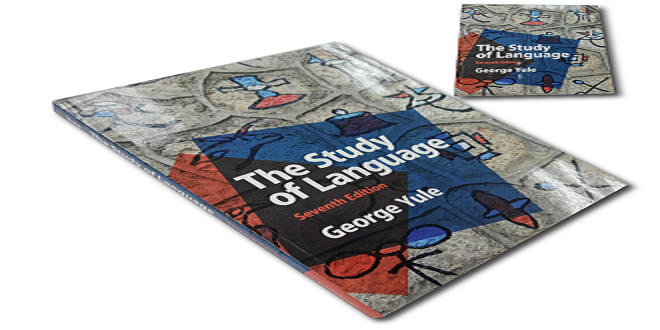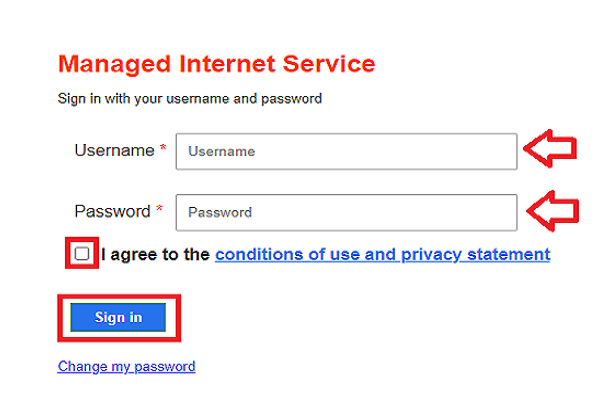How to Study 7th Edition

Learning how to study is learning how to learn. And that is, to me, the greatest gift you can ever give yourself…or your children. Having stated that so boldly, I suspect I still have to convince some of you that spending any time trying to master this stuff—studying, learning, reading, note taking, writing—is worth your while. There are, of course, some terrific reasons why you should learn how to study, why you really must learn how to study.
Here’s Where to Start
Developing great study habits is like a foot race between you and your friends. Before you can declare a winner, you have to agree on where the finish line is. In other words, how do you measure your ability to use these skills? What’s good? What’s poor?
But you can’t even start the race until you know where the starting line is—especially if it’s drawn at a different spot for each of you! Chapter 1 starts by explaining individual study skills and clarifying how each can and should function in your life. Then you’ll be given the chance to find your own starting line
Reading and Comprehension
Chapter 3 introduces the skills basic to any study process: reading and comprehension. No matter how well you learn to take notes, how familiar you become with your library, how deftly you surf the Internet, how doggedly you study for tests, if you are reading poorly (or not enough) and not understanding what you read, life will be difficult.
Becoming a good reader is a skill, one usually acquired early in life. If it’s a skill you haven’t acquired yet, now is the time! Chapter 3 also points out how your ability to recall ideas, facts, and figures can be significantly increased (quantitatively and qualitatively) with practice.
Making Up for Lost Time
To see a significant change in your life, most of you will not need to study harder, just smarter. This means making better use of your study time—spending the same two, three, or four hours, but accomplishing twice, thrice, or four times what you do now. Chapter 4 introduces the simplest and easiest-to-use organizational and time-management tools you’ll ever find—powerful ways to make sure you are always on track, including guidelines to develop both short-term and long-term calendars.
Go to the Head of the Class.
n Chapter 5 I talk about the one experience we all have in common, no matter how old we are: the classroom. I’ll help you take better notes, encourage your active participation in class discussions— including pointers on how to overcome the tendency to hide behind the plant in the back of the room—and help you get a lot more out of lectures.
Becoming an Information Hound
Chapter 6 introduces you to the two important resources in your study career—your library and the Internet—and discusses how to build up your research muscles to get the information you need when you need it. You’ll learn about the books, periodicals, newspapers, magazines, computer software, videos, audiotapes, and other reference materials available to you at most brick-and-mortar libraries and suggestions for how to find and use them, including an explanation of the Dewey decimal classification and Library of Congress systems. I’ll also cover the use of online resources and the importance of becoming computer and Internet literate.
So You’re Not the Next Hemingway
I’m convinced that too many of you place the emphasis in “writing papers” on the word “writing.” In Chapter 7 I’ll introduce you to a remarkably easy way to take notes and organize your information. By breaking down any paper, no matter how complex, into easy-tofollow steps, I’ll help you create papers infinitely better than before— even if you’re still no threat to Hemingway (or anybody else) when it comes to writing.
How to “Ace” Any Test
Chapter 8 covers the dos and don’ts of test preparation, including the differences between studying for weekly quizzes, midterms, and final examinations; why last-minute cramming doesn’t work (but how to do it if you have no other choice—shame!); studying for and taking different types of tests (multiple-choice, true/false, essay, open book, and so on); how to increase your guessing scores; even which questions to answer first and which to leave for last.
How Smart Do You Study?
How to Study is the most comprehensive study guide ever written a fundamental, step-by-step approach that you can follow to develop and sharpen your study skills. If you’re struggling through college or graduate school, here’s your life preserver. If you’re a high school student planning to attend college, now’s your chance to hone your study skills
If you’re heading for trade school or not even considering college— even if you’re ready to drop out of high school at the earliest possible instant, you still need How to Study
Who Is This Book Really For?
While I originally wrote How to Study for high school students, I’ve discovered over the years that I could probably count on only a couple of hands the number of such students who actually bought a copy of the book. The surprise was that so many of the people buying How to Study (and writing me reams of letters along the way) were adults. Yes, a number of them were returning to school and saw How to Study as a great refresher. And some were long out of school but had figured out that if they can learn now the study skills their teachers never taught them (or they never took the time to learn), they will do better in their careers.





